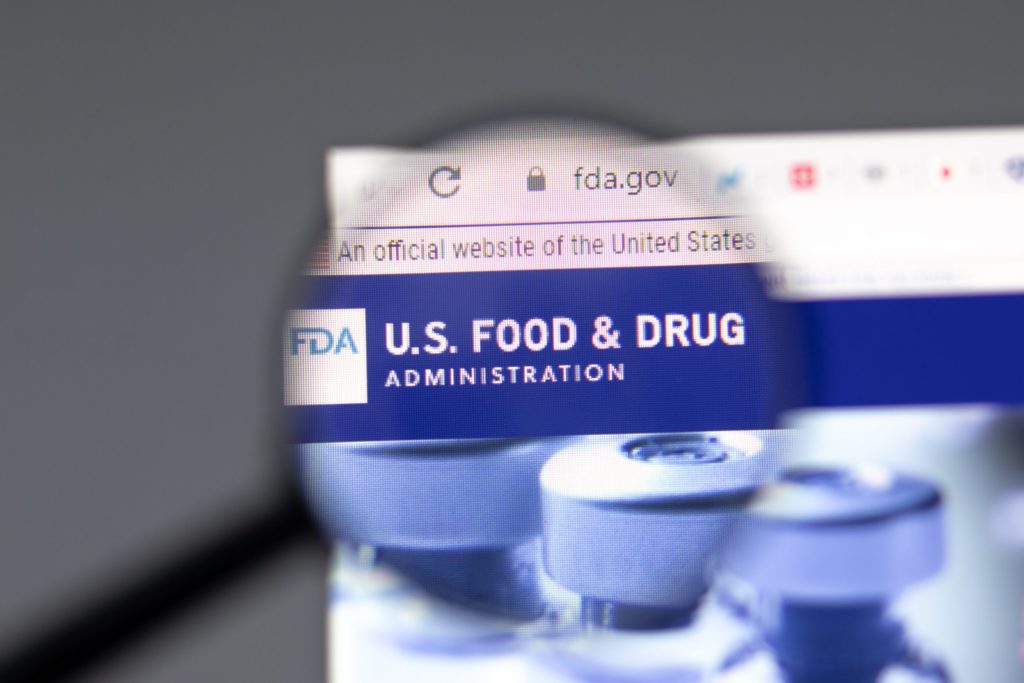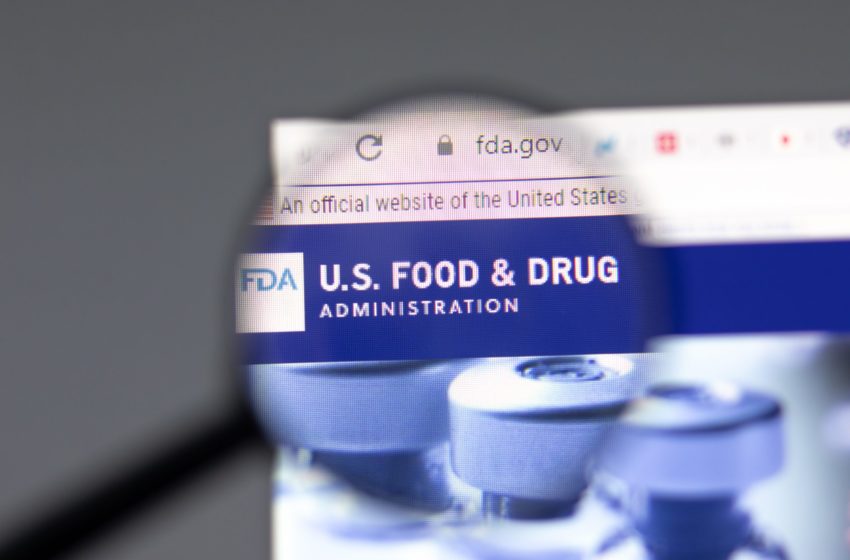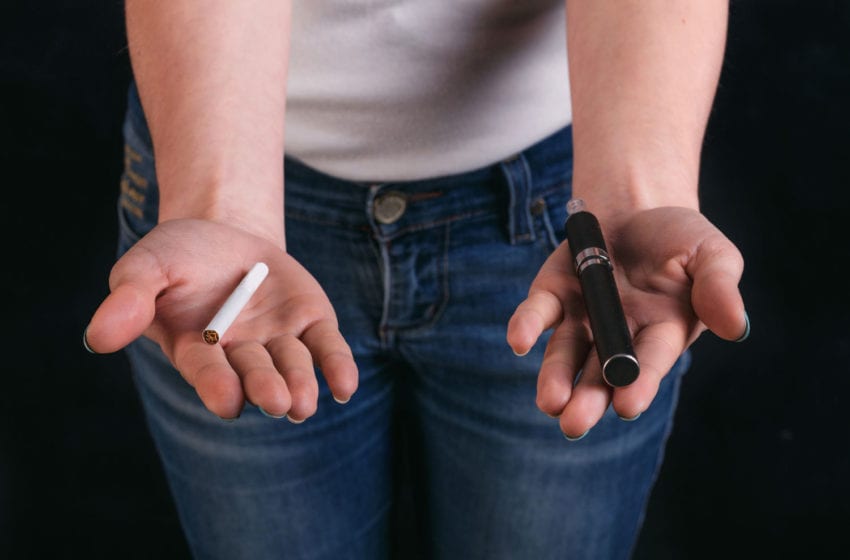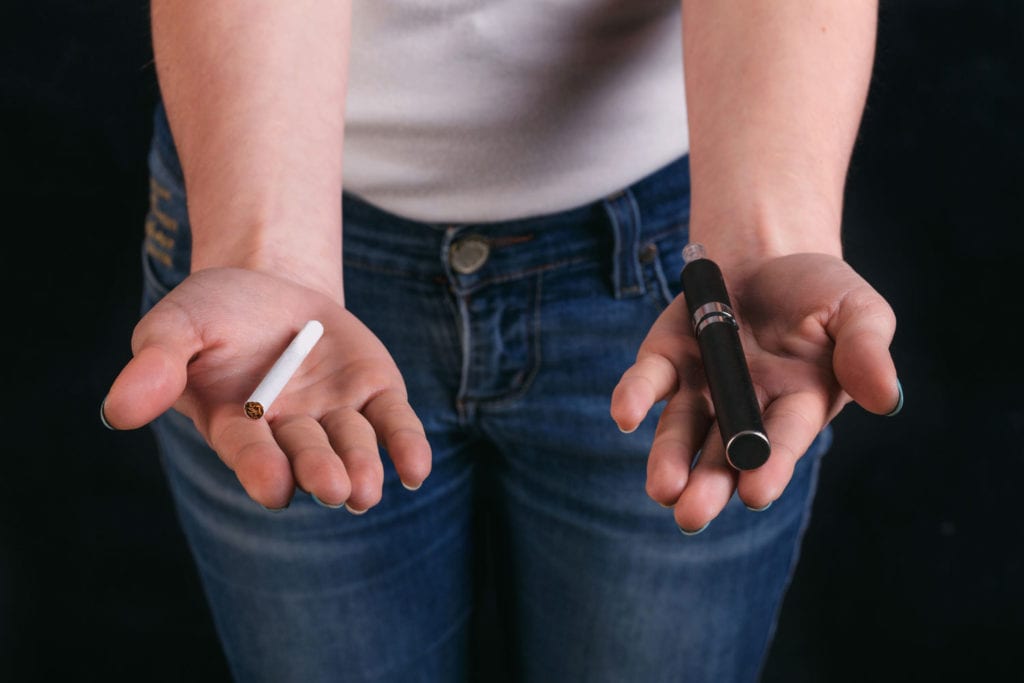
The U.S. Food and Drug Administration’s Center for Tobacco Products (CTP) has created two new resources to help applicants prepare and submit amendments to their premarket tobacco product applications (PMTAs): Fact Sheet—Amendment Tips: Completing Form FDA 4057a and Video—Using the CTP Portal.
The fact sheet provides quick tips for completing Form FDA 4057a—Premarket Tobacco Product Application Amendment and General Correspondence Submission. In most circumstances, the CTP can only accept PMTA amendments for review that include Form FDA 4057a. In general, when submitting amendments for a PMTA, the FDA will review the required Form FDA 4057a first. If required content is missing from the form, the FDA may not continue reviewing the amendment.
The video provides an overview of the CTP Portal and how to use it, including how to find application submission tracking numbers online.
Recently, CTP Director Brian King outlined several new actions to enhance the center’s efficiency, effectiveness and transparency. These activities include enhanced communication on scientific issues and practices. By providing these new resources, the CTP is aiming to better support applicants navigating the PMTA process.


















